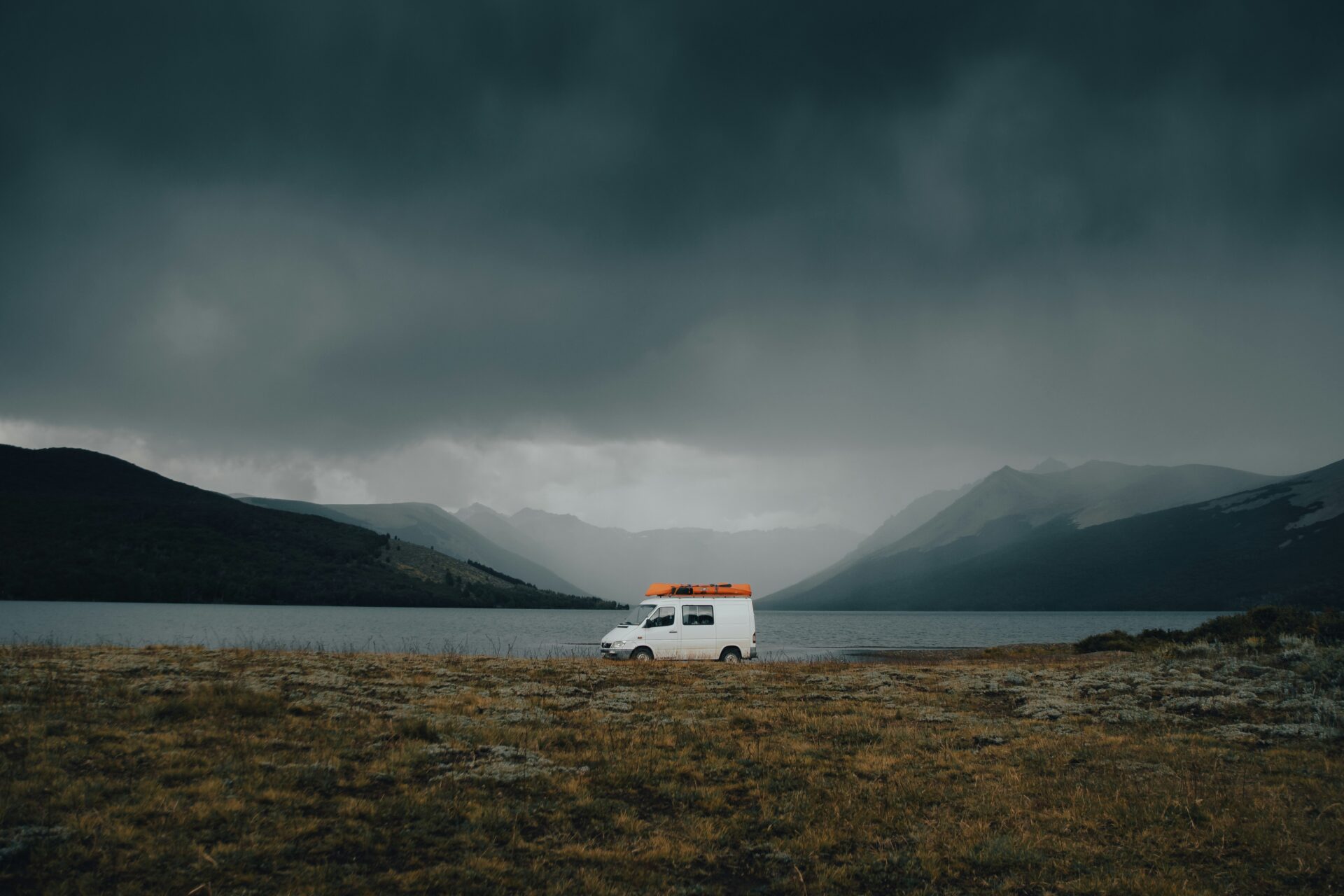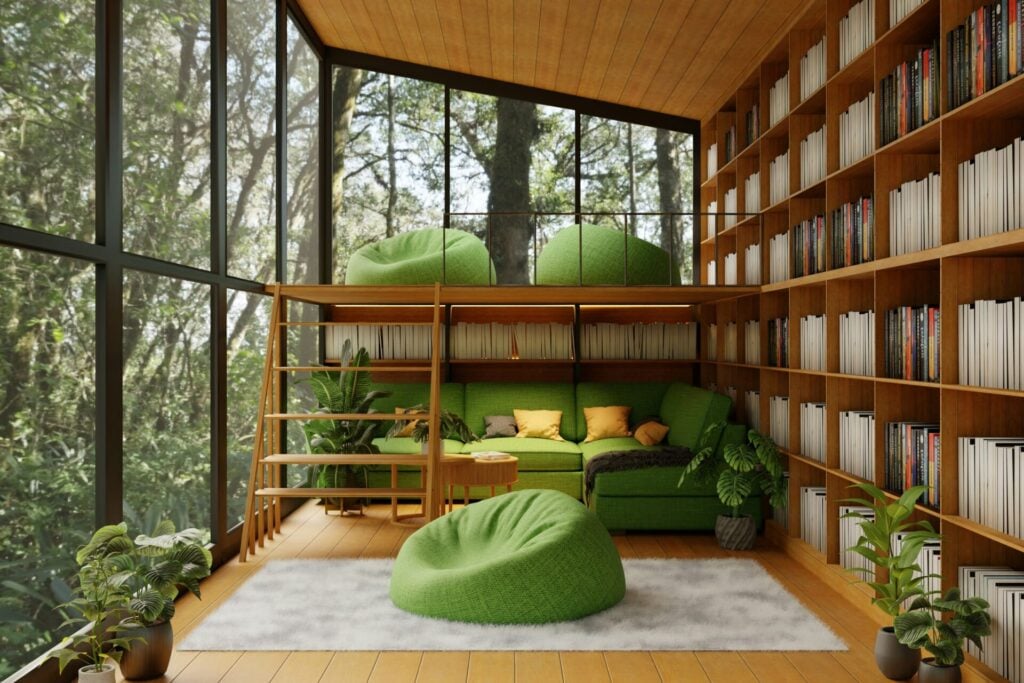There’s a certain allure to the idea of disappearing. Not in the sinister sense, but in the aspirational way. Off-grid living: disconnecting, living in a cabin in the woods with solar panels, a vegetable patch, and a water tank, where your time is entirely yours. No notifications, no calls, no social media sugar rushes or doom scrolls. Just you, a wood-burning stove, and the smug satisfaction of knowing your carbon footprint is almost saintly.
I’ve entertained the fantasy. Haven’t we all? Especially when the inbox is overflowing, your phone won’t stop ringing, and your co-founder thinks it’s a good idea to pivot again. In those moments, off-grid living doesn’t just look appealing, it looks like the only sane option left.
And I’m clearly not the only one feeling that pull. Nearly 12 per cent of U.S. households could be disconnected by 2035, while in the UK roughly 150,000 people currently live off‑grid, with that figure continuing to climb.
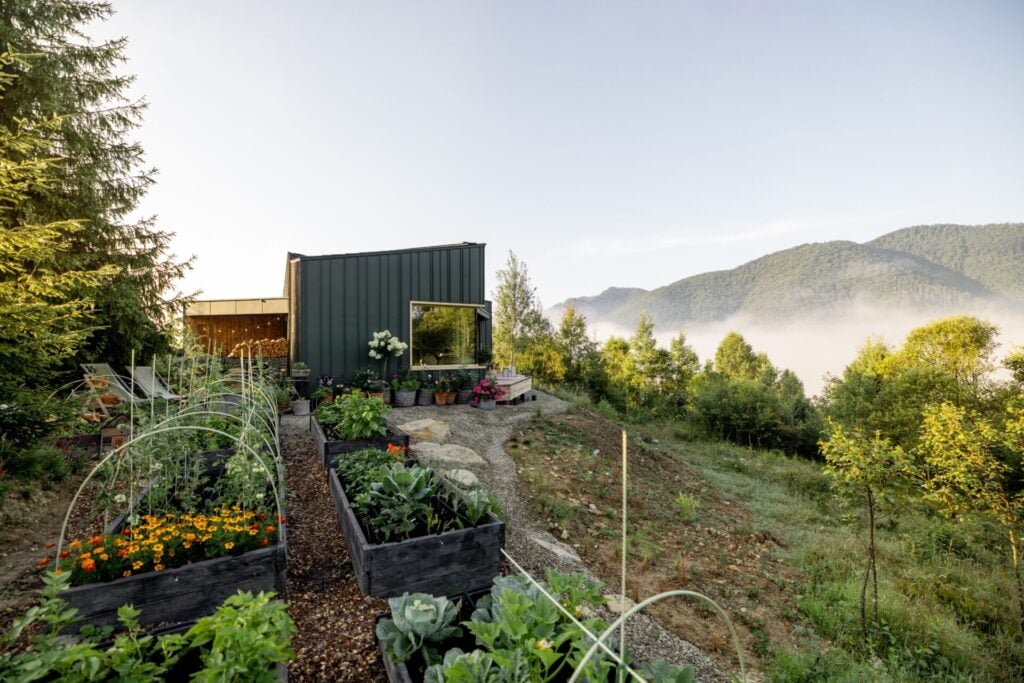
But here’s the thing – and I know this might be an unpopular opinion – the version of freedom we’ve been sold by social media, is for most of us at least, totally incompatible with modern life.
Yes, it’s better for the planet, no arguments from me there. If you’re powering your life with sunshine, harvesting your own water, and composting everything down to your coffee grounds, you’re clearly doing more for the planet than the guy triple-screening crypto stats in a high-rise apartment.
But just because it’s greener doesn’t mean it’s realistic. It’s a great model—on paper. In real life, not everyone has the time, money, or patience to build a personal eco-utopia from scratch while juggling, you know, a job.
Off-Grid Living Fantasy?
Still, the fantasy persists, and it’s everywhere. Search ‘off-grid’ and you’ll find an endless stream of slow-living montages: drone shots of forested hills, couples baking sourdough, snow gently falling on roofs made of reclaimed timber. The lighting is always soft. The people are always beautiful. There are no flies, no water shortages, no frozen composting toilets, and no major panics when the laptop battery dies on a call with your investor with three tabs of code unsaved.
In my view, off-grid living works best as a form of temporary escapism, where you can pretend for 72 hours that you are a self-reliant woodsman, instead of a man who panics if his phone dips below 20 per cent
In my view, off-grid living works best as a form of temporary escapism, more like a weekend break or digital detox where you can pretend, for 72 hours, that you are a self-reliant woodsman instead of a man who panics if his phone dips below 20 per cent. And maybe that’s okay. Not everything has to be lived to be meaningful. But the cultural shift that turns this fantasy lifestyle into an achievable aspiration? That’s where I think it gets murky.
Because when people start measuring their value against an ideal that often relies on either significant privilege or a lifestyle free from real-world obligations, it becomes unrealistic for most of us.
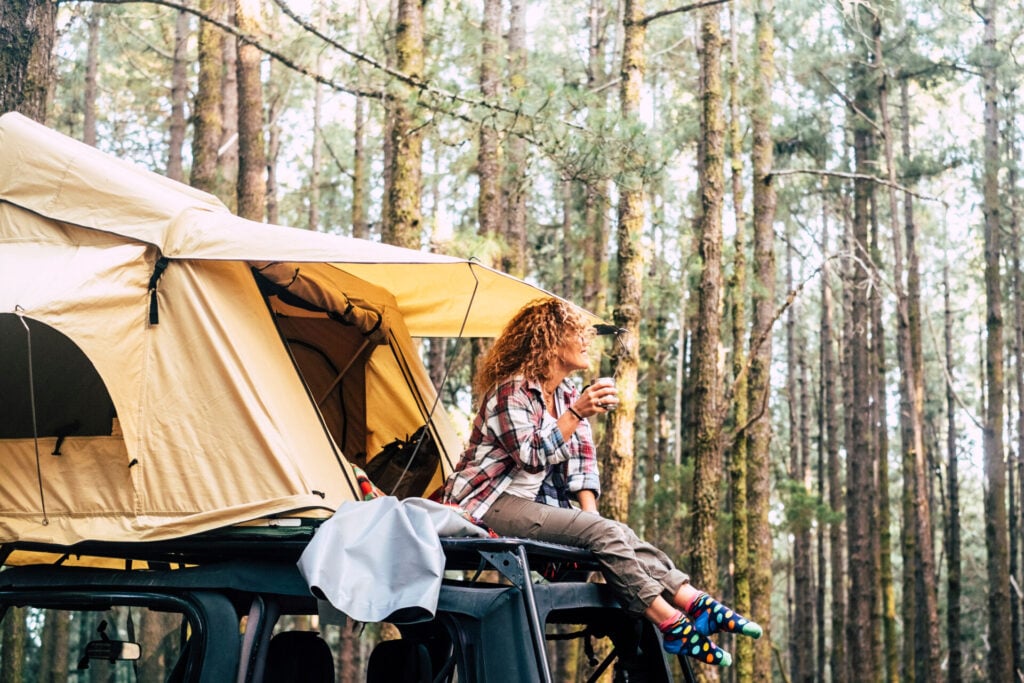
The people who genuinely make off-grid living work often fall into one of two categories: those with the means to invest in high-spec sustainability, or those in a more flexible phase of life and able to document their van life journey in 30 second reels for an online fan base. And fair play to them that it works. But for most of us, the demands of work, responsibility, and staying connected make that version of freedom feel more like a curated illusion than a life anyone actually lives, unless of course, they’ve got a trust fund or a film crew.
You Don’t Need to Disappear
The reality is, most of us don’t want to reject society. We just want it to be quieter and less manic. We don’t want isolation, we want space, more time in nature with our families, and there’s a difference.
And let’s be clear: you don’t need to vanish into the woods to lower your carbon footprint. Ther are plenty of easy ethical tweaks you can incorporate into your home without going feral. Switching to renewable energy at home, cutting down on flights, eating more plant-based meals, or even choosing to repair instead of replace are all eco-actions that fit into regular life.

You can also live in the city and still be slightly off-grid in your mindset. You can unplug after work, grow your own herbs on a balcony, and choose to opt out of the worst parts of consumerism without retreating to the back end of a fjord.
You can live in the city and still be off-grid in your mindset. You can unplug after work, grow your own herbs on a balcony, and choose to opt out of the worst parts of consumerism without retreating to the back end of a fjord
The deeper problem, I think, is that we’re all running. Off-grid living has become a placeholder for peace and purpose. And that’s dangerous, because it’s unachievable for many and it distracts us from making every day life actually work.
I’m not saying don’t dream, but be wary of what those dreams are selling. Because in the off-grid living fantasy, you’re always chopping wood with ease, you’re always basking in sunlight, and never checking your child for a fever by headlamp because the power’s gone again.
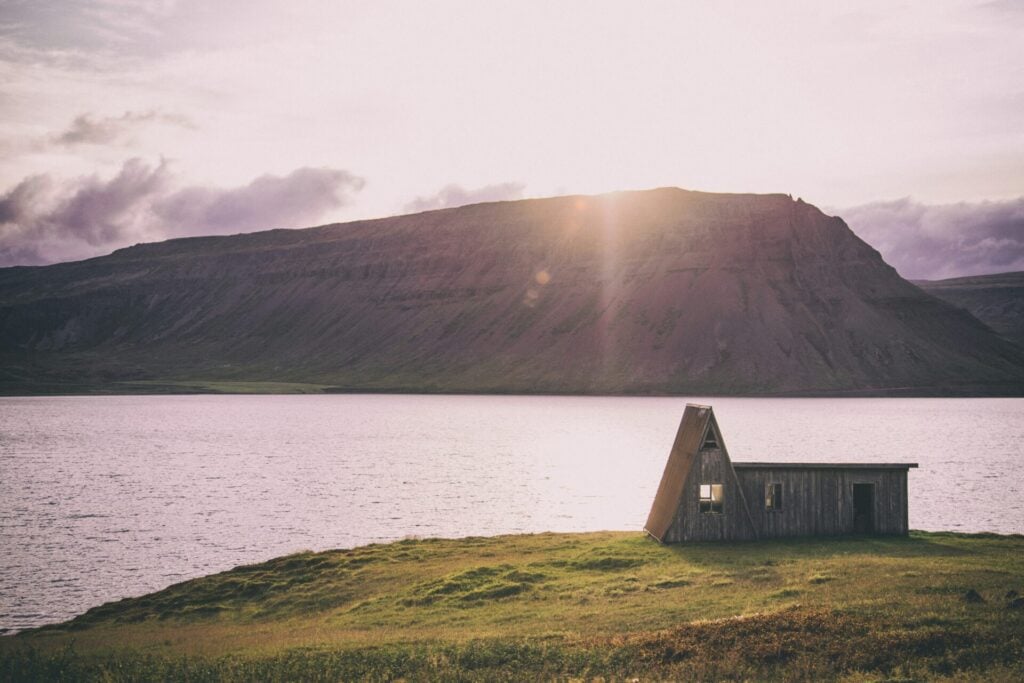
Trust me, true freedom isn’t in fleeing the grid, it’s in reclaiming control where you are. It’s in being able to choose what you say yes to. Because I can’t disappear to a cabin in the woods – my startup needs me and my family needs me more – but I can put my phone down after dinner or start my day with a walk instead of scrolling through LinkedIn.
The dream of off-grid living does serve a purpose, but mostly as a reminder that things can be different. You don’t need to grow your own potatoes and tan your own leather, but you do need to ask: what’s the version of here and now that I can actually live?

